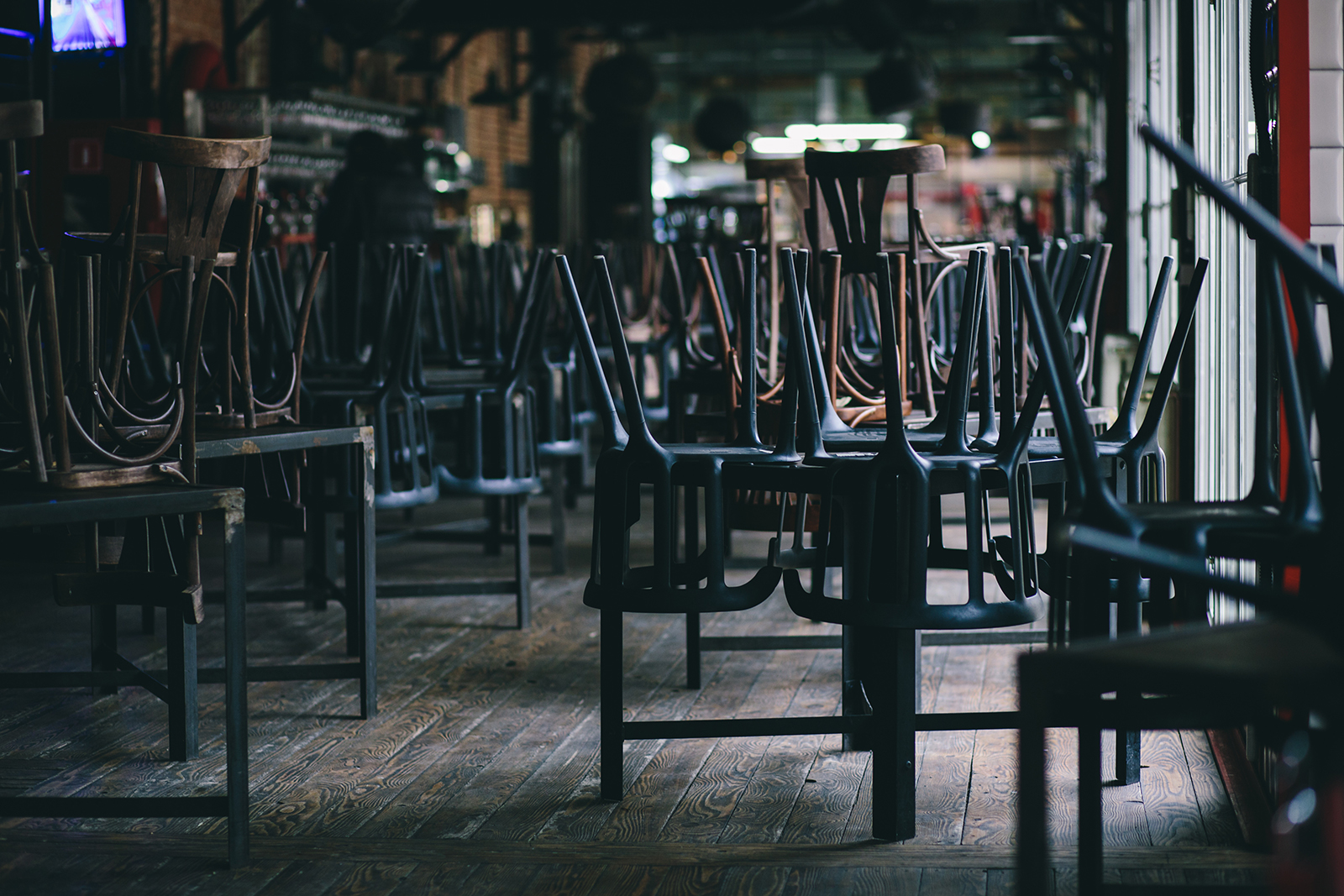FINANCIAL: Managing Your Frozen Drink’s Pricing for Profit
Restaurant operators don’t deposit percentages, they deposit dollars. That’s why bars & restaurants should make sure they’re getting their frozen drink prices right. Here are tips for managing frozen beverage menu prices to improve their restaurant’s profit & bottom line.
DID YOU KNOWS…
It’s Pickle Season!
The summer means long days, frozen drinks, and an increase need for salty snacks. Among the top of the list for many – pickles! And restaurants are playing on diners’ love for ‘em. Here are five ways restaurants are including pickles into their menus– everything from soft serve pickle ice cream to dep frying them.
Packing Waitress
A waitress with a concealed carry permit defended her co-worker after an irate guest went behind the counter and punched the co-worker. The attacker, a regular at the restaurant, had been cursing at the employee for his order taking too long. That’s when the waitress drew. Fortunately the assailant quickly left. You can watch video of the incident unfold here.
Tour de France: The Doping Situation Is Improving
In 1998, over half the riders competing in the Tour de France were involved in doping cases at some point in their career. Following the Festina affair, the World Anti-Doping Agency, also known as WADA, was established. This brought about a decline in the number of riders involved in doping cases, though notable cases such as Lance Armstrong (1999), Floyd Landis (2006) and Alberto Contador (2010) continued to blight the competition after 2000. Of the riders competing in last year's Tour, only 8.6% have been involved in a doping case as of yet. If history has taught us anything, that number might climb higher over the coming years.
If you haven’t yet, download the Tour de France TV schedule and learn how to market one of the best races of the year.
LISTERIA HYSTERIA
Why it matters to you: A large recall of frozen foods is happening in the UK due to a deadly listeria scare.
This past Thursday, the UK Food Standards agency released a list of 43 frozen food items from Greenyard Frozen UK Ltd urging customers to return items due to potential contamination of Listeria monocytogenes. The symptoms are very similar to the flu and the elderly, pregnant women, babies, and those with weakened immune systems are especially vulnerable. Thankfully wherever these items were sold will be displaying point of sale notices and telling their customers. Customers will also get full refunds.
So what to do when your restaurant has purchased some contaminated food items? One of the most important aspects is accurate record keeping. Knowing where and when you received items from is the first and most important step to be aware of whenever an outbreak is occurring. Little things like ensuring your walk-in is properly organized, clean, and labeled where necessary can help prevent cross-contamination and make finding the contaminated items quicker. Additionally, keeping proper tabs on what you have in stock, from which vendors, and quantities will be of the utmost importance should some unfortunate foodborne illness hit your area. These steps -- in addition to always avoiding cross-contamination -- can save your business and your guests’ health.
THE EMERGENCY AFTER THE EMERGENCY
Why it matters to you: Why restaurants often fail after accidents and how to start to change that.
Sometimes, unfortunately, the worst does happen. We have insurance for our establishments for just such occurrences but what if that isn’t enough? Occasionally something can happen to the building you rent, the landlord can decide to make a move that means you have to find a new location, insurance might not cover everything, or any number of other issues that will result in you needing a backup plan beyond just insurance. These non-disasters can be even worse than dealing with the actual disasters; many restaurants never recover or reopen at all.
What is your backup plan should a disaster or disastrous situation occur? Do you have a rapport with your landlord? Does he/she consistently know of other potentially suitable locations for restaurants in the area should you need one? Will you be able to keep your most valued staff on retainer during the transition? Will they wait for you if not?
The questions are endless but it will always pay to be prepared. Brainstorm different potential disasters you might face – from destructive fires to your landlord kicking you out to natural disasters and riots. Figure out how you will navigate those situations operationally and financially. That way you can hit the ground running instead of like a ton-of-bricks because remember, sometimes insurance isn’t enough.












